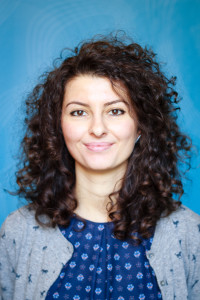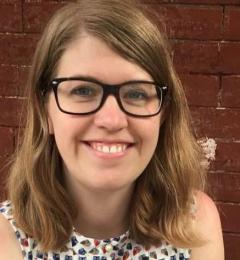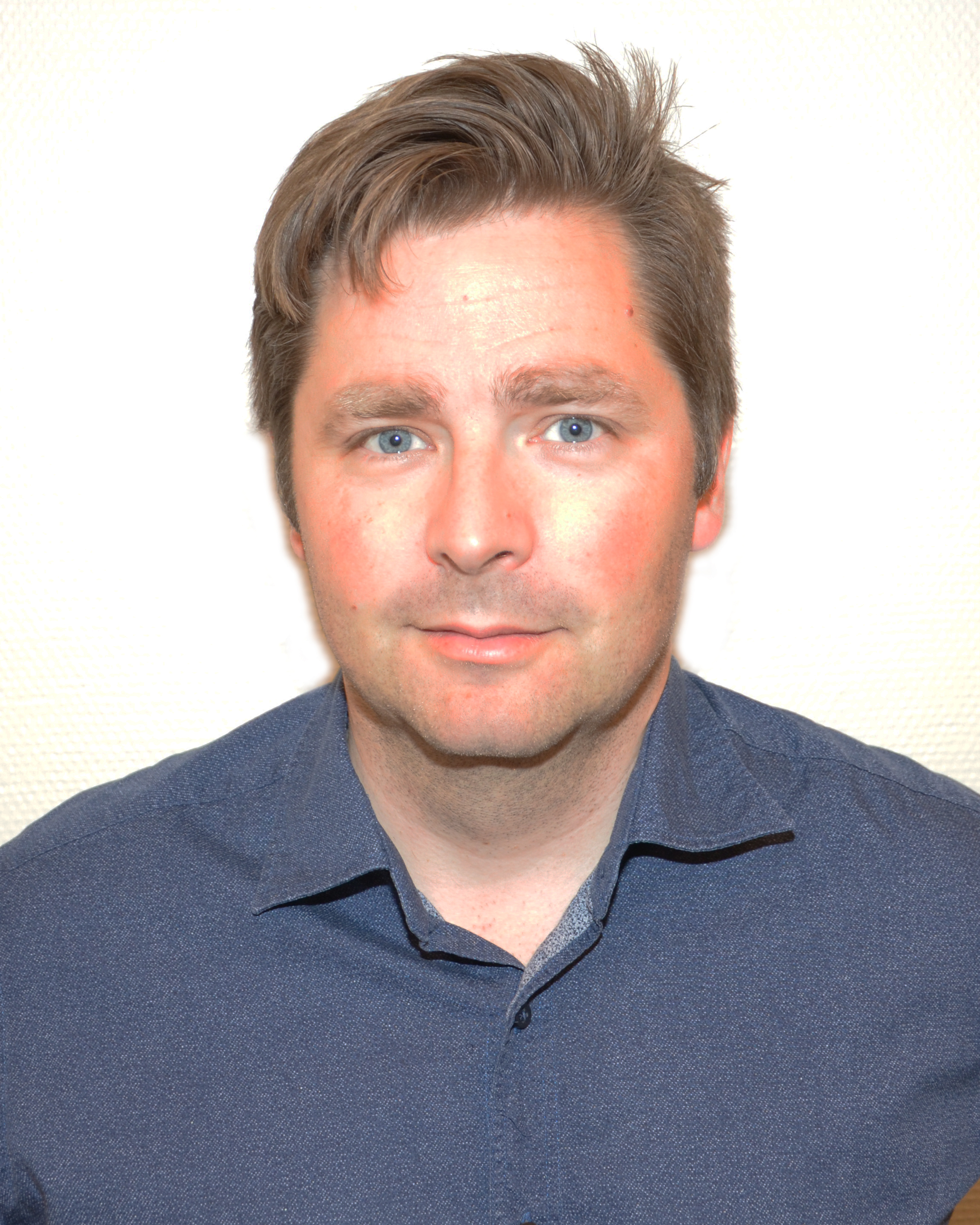In current debates about multicultural societies, ideas about active citizenship sometimes play a part. The increase of ethnic, cultural and religious diversity in Scandinavia has led to integration and naturalization policies that focus on social cohesion and stress the need for a shared set of values, identities and commitment to active participation in society. What kind of engagement is seen as good and legitimate, and what kinds of engagement are seen as illegitimate? For this IMER lunch seminar, Noor Jdid from PRIO and SKOK will present insights from her PhD project, which explores active citizenship in Norway and Denmark, among both minority and majority populations. She draws on ethnographic fieldwork in five different neighbourhoods in Oslo (Tøyen, Holmlia, Røa) and Copenhagen (Østerbro, Sydhavn), consisting of 69 life history interviews and 13 focus group discussions with residents of these neighbourhoods, as well as expert interviews and participatory observation. The analysis shows that the intersection of place, gender, class and ethnicity often shapes citizens’ understandings of their own civic engagement. When determining what ‘counts’ as a legitimate and valuable contribution to society, the research participants drew gendered and racialized discursive boundaries between the public and the private spheres.
The seminar will take place at the seminar room, 2nd floor at Sampol.
A light lunch will be served. All welcome!
 Noor Jdid is a Doctoral Researcher at the Peace Research Institute Oslo (PRIO) and Center for Women’s and Gender Research (SKOK). Her PhD is part of the larger SAMKUL-project “Active Citizenship in Religiously and Culturally Diverse Societies
Noor Jdid is a Doctoral Researcher at the Peace Research Institute Oslo (PRIO) and Center for Women’s and Gender Research (SKOK). Her PhD is part of the larger SAMKUL-project “Active Citizenship in Religiously and Culturally Diverse Societies


 Sølve Sætre is an advisor at the Municipality of Bergen, tasked with developing diversity policy. He has a master’s degree in Comparative Politics from UiB.
Sølve Sætre is an advisor at the Municipality of Bergen, tasked with developing diversity policy. He has a master’s degree in Comparative Politics from UiB.